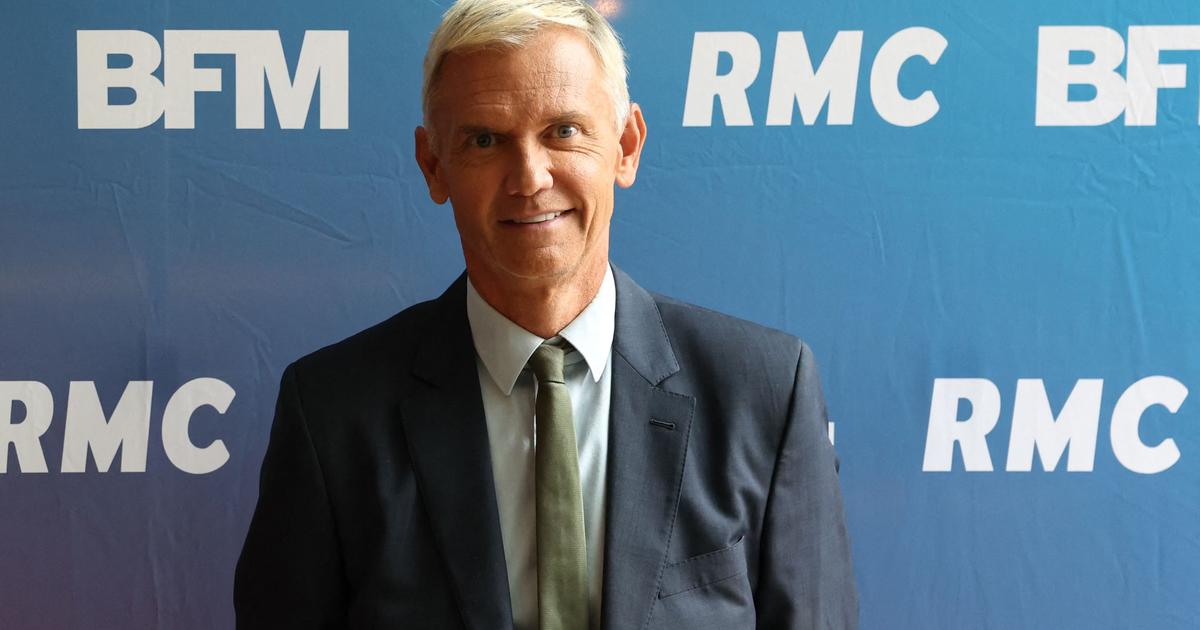Enlarge image
A traditional wedding?
I could never imagine (icon image)
Photo: Ryan Tuttle / Stocksy United
I've never dreamed of getting married.
When I imagine myself in a white dress on my father's arm walking towards my groom and being pelted with flowers by flower girls, I have to laugh.
Too absurd.
Admittedly, my idea of a wedding is pretty old-fashioned.
Just the word »marriage« makes me think of a church bell chiming, even if according to a survey only 16 percent of couples get married in a church these days.
In general, every couple can arrange their wedding day as they wish, even without bridesmaids in a matching look.
Still, I struggle with the idea of being a "married woman," calling my boyfriend "my husband," and worst of all, maybe even changing my last name.
Somehow marriage doesn't fit my self-image.
Instead, I immediately think of my grandmother, who always got cash from my grandfather because she didn't earn any of her own.
But now I'm wondering if I should propose to my boyfriend.
I recently received a letter from my insurance company.
Like many journalists, I am part of the press supply scheme, a kind of pension plan for media workers.
I read through the contract and stumbled across point 6: There was talk of my premature death and who is entitled to the salary in this case.
I could choose between spouse and/or children or name another person.
Otherwise my heirs would be entitled to the money.
my heirs?
These are currently my parents, because I have no children.
That's okay with me, I see it as a kind of payback.
However, if they die before me, it will get thin: My four aunts and uncles are not that young anymore either.
Next in line are my cousins.
I like her, but we hardly have contact.
My boyfriend, with whom I share an apartment, a campervan, everyday life, the most beautiful and the saddest moments, is not included in my inheritance.
So I thought about putting him in the blank for "following people," which is how I always put him as my emergency contact.
However, it seemed to me that I was marrying him a little bit without being asked.
Shouldn't I - should
n't we
- also think about the rest of the finances?
I sent voice messages to a few friends: who do you inherit when you die?
With my married best friend, it was clear: her husband.
My unmarried, childless co-worker said she had already discussed the same issue with her partner and hadn't come up with a solution that felt good either.
A couple who are expecting a child soon are considering getting married quickly, “because it makes a lot of things easier”.
A single friend thought it was too early to deal with this question, a single friend advised me to write a will.
Should I be writing my will at 34 instead of thinking about marriage?
The question “Will you be my heir” instead of “Will you marry me” would not be so mainstream after all.
I start googling and find out that married couples can inherit up to 500,000 euros tax-free.
Unmarried people have to pay 30 percent inheritance tax from a sum of 20,000 euros.
So there wasn't that much left over from what I had painstakingly saved up for my non-husband.
An article by the "Stiftung Warentest" enlightens me about the other tax, legal and financial advantages of marriage.
Conclusion: In a long-term relationship, there is a lot to be said for marriage.
Unmarried couples can create a marriage-like legal basis.
But that's a lot of paperwork.
And they are still excluded from some advantages.
So rather get married?
I end up at Wikipedia : In the European cultural area, marriage is understood as a permanent connection between man and woman, in which both take responsibility for each other.
With a divorce rate of around 40 percent, there can be no talk of long-term relationships.
Responsibility sounds good, but what about personal responsibility?
And hasn't Wikipedia heard about marriage between a man and a man?
I read on: Marriage usually has the task of providing for material needs.
In earlier generations, yes, marriage was a kind of safety net, mostly for the woman – like it was for my grandparents.
Unfortunately, my grandmother has already passed away and I can no longer ask her how it felt to receive "pocket money" from her husband.
But I know that earning my own money and being able to dispose of it freely is just as natural to me as the fact that I wouldn't let my boyfriend down if he got into financial difficulties.
I don't need a marriage certificate.
Marriage discriminates against the unmarried
In general, many of the advantages that marriage brings with it seem to me to be relics from another time - and also discrimination against unmarried couples.
Spouse splitting: The husband, who usually earns more, can add his salary to that of his wife, who usually earns less, in the tax return, and thus save taxes overall.
If both earn about the same amount, that no longer works - but don't we now live in a world in which exactly that is desirable?
And shouldn't all families be relieved in this way, regardless of marital status?
What about single parents?
If I have an accident and end up in the hospital, my partner has no right to know anything about my health or to have a say in my treatment.
Married couples also need a power of attorney and a living will (I printed out two copies of both).
Since this month, however, an emergency representation law has been in force for them in case of an emergency.
In the case of unmarried parents, the man must first acknowledge paternity and the parents must declare joint custody.
In married couples, he is automatically the legal father (even if biologically he is not).
Even my employer supports marriages: DER SPIEGEL pays every employee a bonus for the wedding.
I don't get any money, although I live in an equally binding, but not state-recognized partnership.
With the non-marriage, I would like to make a statement somehow: Marriage no longer fits the reality of life for many couples!
Not to mention other family forms.
Instead, I would like a legal form for my monogamous two-person relationship that is neither called "marriage" nor is it based on religious influences, but still brings with it a similar obligation.
In France, for example, there is the so-called Pacte civil de solidarité, a civil solidarity pact (it sounds much better!) that defines how coexistence should look like.
It is quite easy to conclude and just as easy to dissolve again - and above all to arrange it more freely and individually than a marriage.
Following the French example, Switzerland is also discussing introducing such a pact.
In Germany, marriage is enshrined in the Basic Law and there are currently no other legal forms besides it.
Now the traffic light has agreed in the coalition agreement to introduce a so-called community of responsibility as an alternative to marriage.
A corresponding law should come at the end of 2023 at the earliest.
Despite all the skepticism about marriage, there is one thought that sticks with me: I find it totally romantic and cool when same-sex couples get married.
Even when flower girls and white dresses are involved, there's nothing antiquated to me.
"Marriage for all" is a coup for freedom, and every same-sex yes is a triumph.
After all, the institution of marriage is changing.
If only at a snail's pace.






/cloudfront-eu-central-1.images.arcpublishing.com/prisa/O36F6N44Q5BJRGEVFHPKRFTPVQ.jpg)

